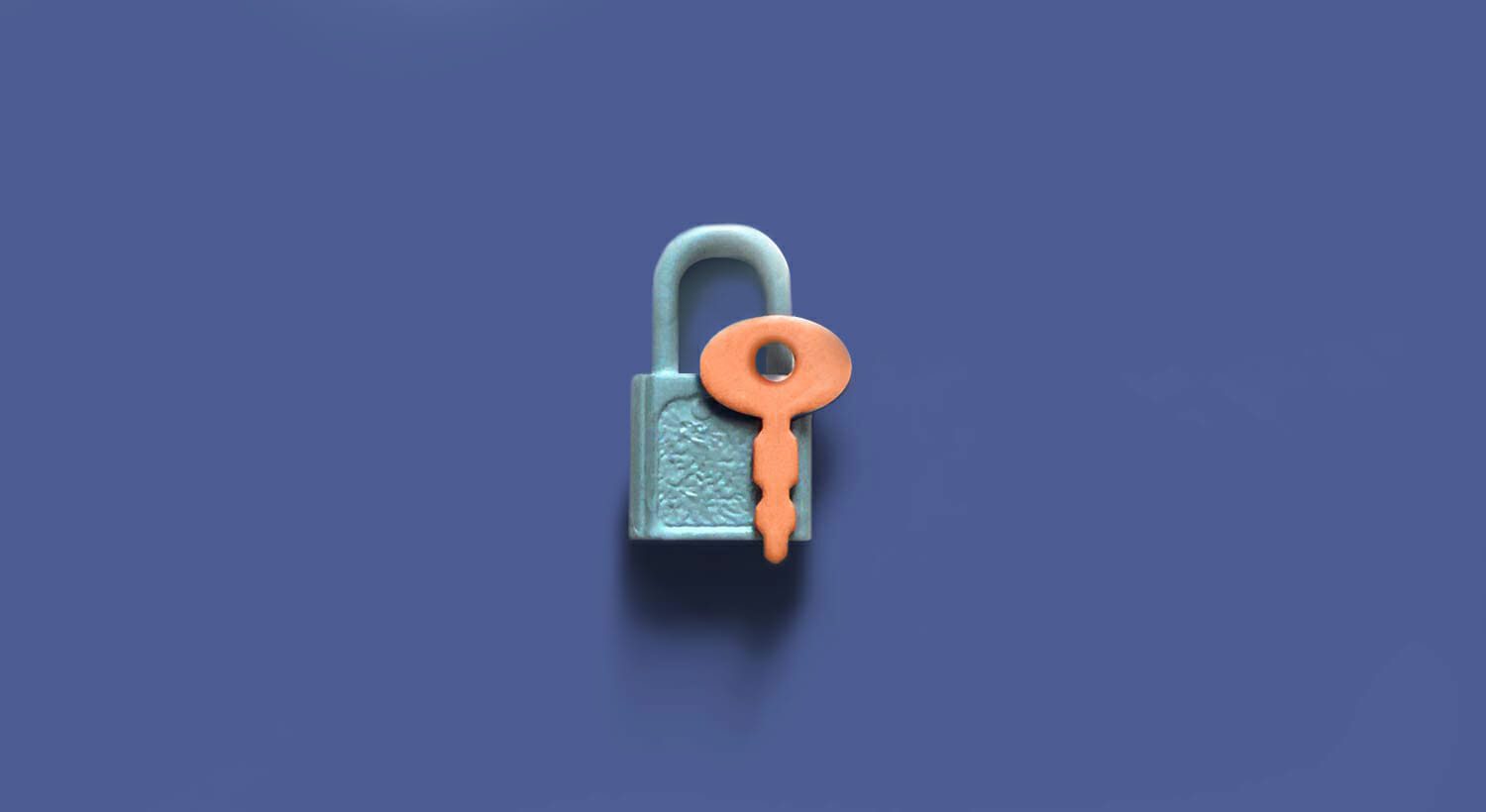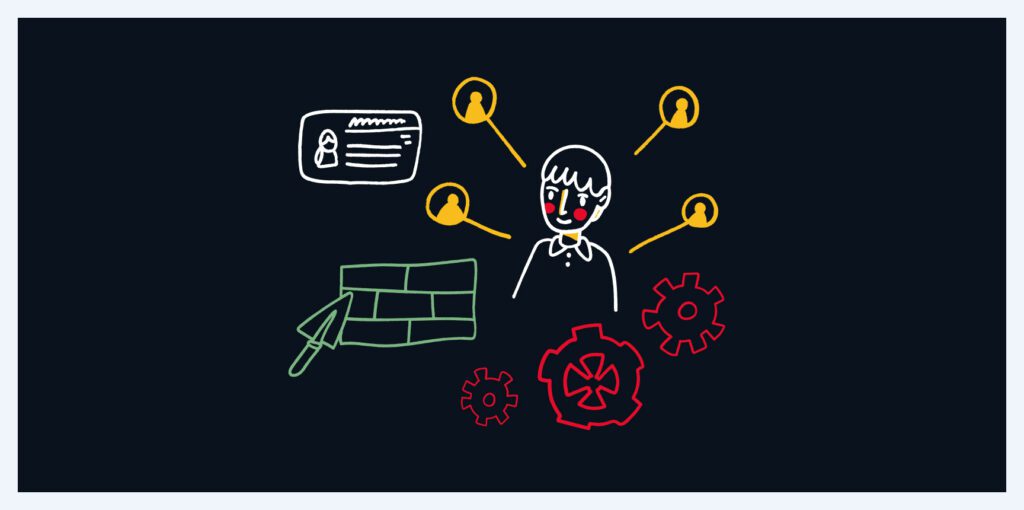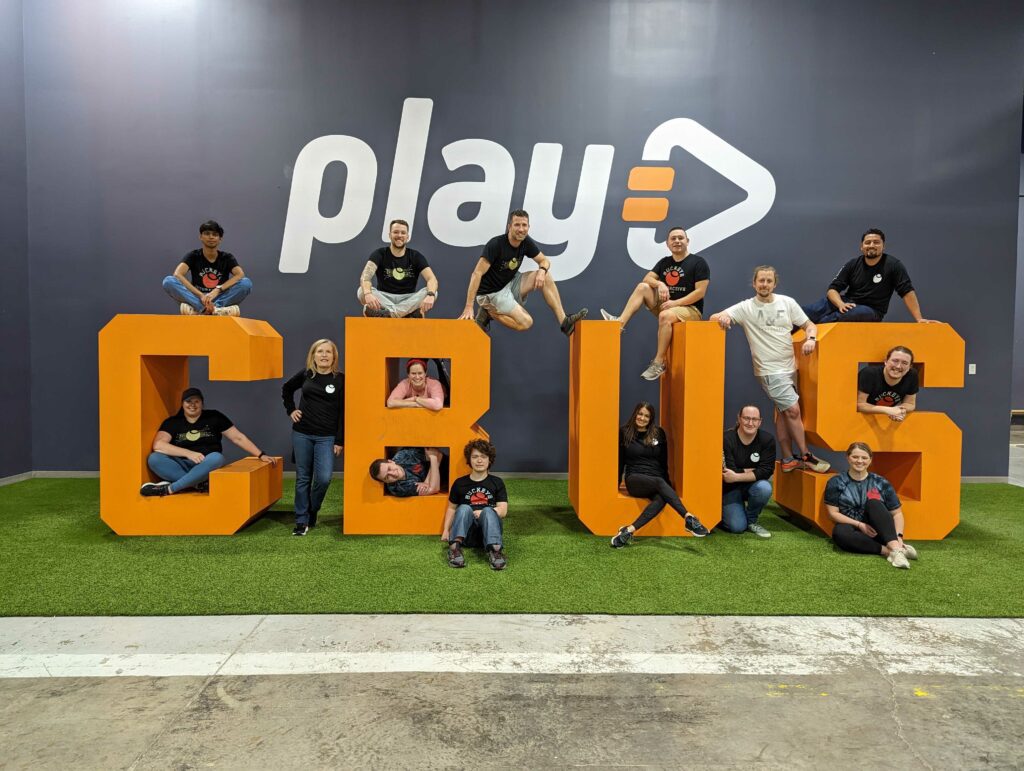 Hacking instances, or breaches of security, can cost a business significant financial losses. It also causes damage to the company’s credibility, trustworthiness, and brand.
Hacking instances, or breaches of security, can cost a business significant financial losses. It also causes damage to the company’s credibility, trustworthiness, and brand.
As technology becomes more and more necessary in our daily lives (I’m looking at you, Alexa), it’s no wonder why hackers are trying harder and harder to access personal information. With just a little work, they can hack into the vital information of millions of people and cause chaos and destruction.
As this CSO article reveals, there are many well-known companies that have been hacked. To date, Yahoo has the dubious distinction of being the victim of the world’s largest hacking effort. The company revealed hackers compromised 3 billion user accounts twice in two years. These attacks involved real names, email addresses, birth dates, telephone numbers and, in some cases, security questions and answers. As a result, Yahoo’s selling price was reduced by $350 million (Yahoo was in talks at the time with Verizon). Yahoo, once valued at $100 billion was sold to Verizon for $4.28 billion – a huge difference!
And attacks aren’t just occurring on the databases of large companies. Ransomware is quickly becoming an alarming threat for large and small companies alike – and even individuals!
Ransomware locks down computer files using strong encryption and then demands money in exchange for the digital keys to unlock the data.
According to CNN Money, “An analysis from anti-virus software firm Bitdefender found ransomware payments hit $2 billion in 2017, twice as much as in 2016. Meanwhile, Trend Micro predicts global losses from another growing trend, compromised business e-mail scams, will exceed $9 billion next year.”
MIT’s Technology Review discusses recent ransomware attacks targeting San Francisco’s light-rail network and FedEx. The publication points out, “But smaller companies are likely to be more vulnerable, and even a modest breach could lead to a big payday for the hackers involved.”
So, how do you keep your company safe from hacking?
BusinessBlogs offers seven tips to help keep your company safe. These tips include considerations for encryption, strong user authentication, and data back-up.
At Buckeye Interactive, we take security very seriously. While it is impossible to make any web application completely secure or “unhackable,” there are techniques and best practices we recommend to make your site more difficult to hack.
The first step is a Secure Socket Layer (SSL) certificate. As we explain in this blog post, SSL encrypts the information being sent to and from your website. Encryption prevents others from seeing the data and helps keep your information more secure.
Given these points, every small business needs to protect itself and its customers from hacking threats. For those of you fortunate enough to work with a digital strategy company (like us), you can rely on your partner for guidance in navigating this ever-changing and complex world of hacking. Feel free to reach out to us with questions. We are happy to help!







